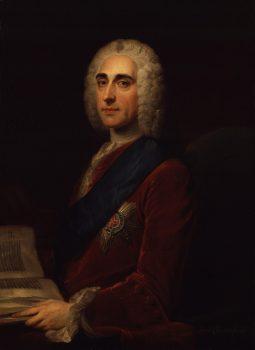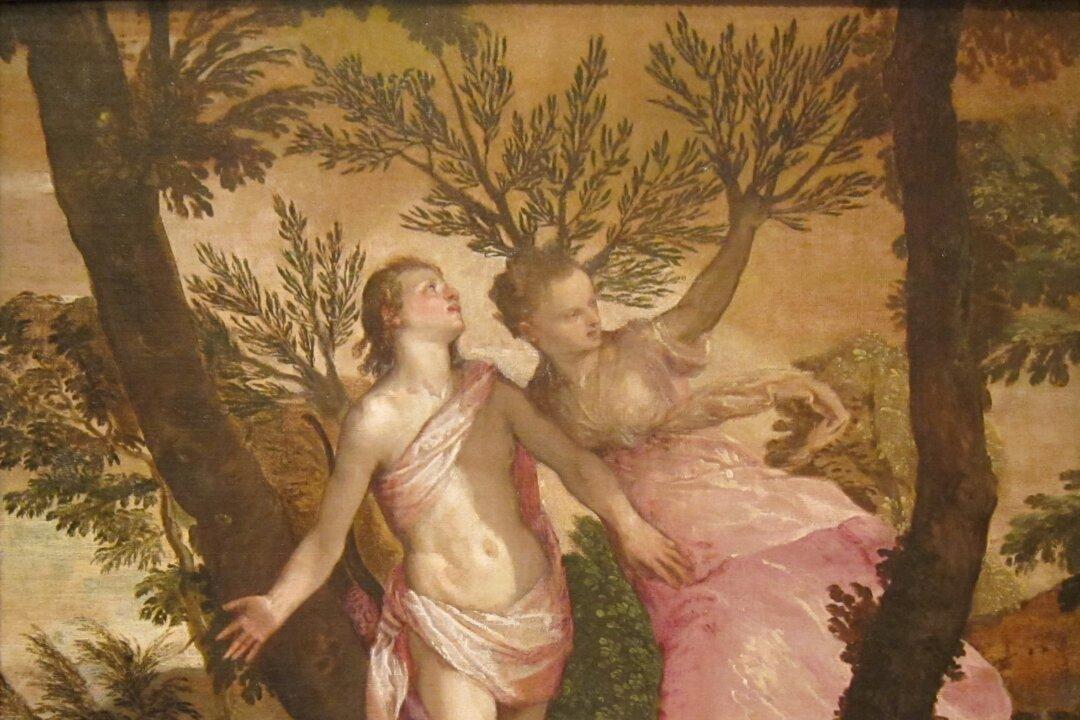
It was Lord Chesterfield, not a particularly profound thinker, who in 18th-century England correctly observed that “I am very sure that any man of common understanding may, by culture, care, attention, and labor, make himself whatever he pleases, except a great poet.” Given that Chesterfield was an aristocrat, and with all that sense of self-importance and entitlement that such aristocrats in those days (and since) bestowed upon themselves, and also well-known as a man of letters, this was quite a severe constriction or limitation that he placed upon all peoples everywhere: You simply couldn’t make yourself a poet no matter what you did! And as un-egalitarian as it sounds and is, it points to the real difficulty there is in becoming a poet (and by, I think, legitimate extension, an artist of any sort: composer, artist, or dramatist, to name three other major and cognate disciplines).






